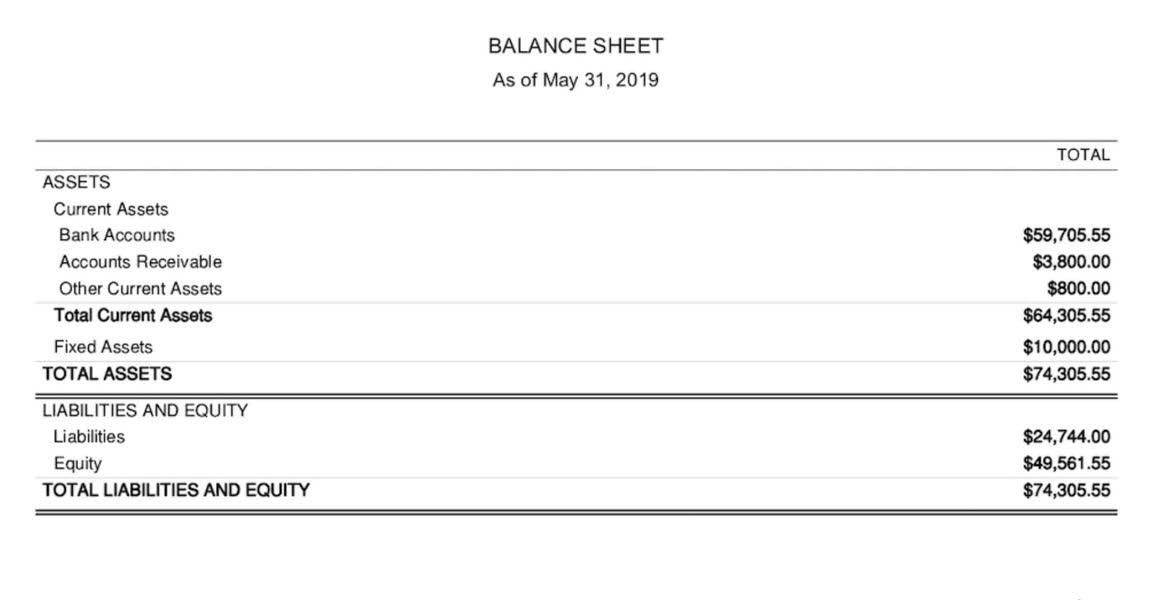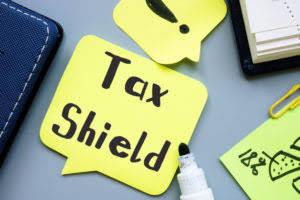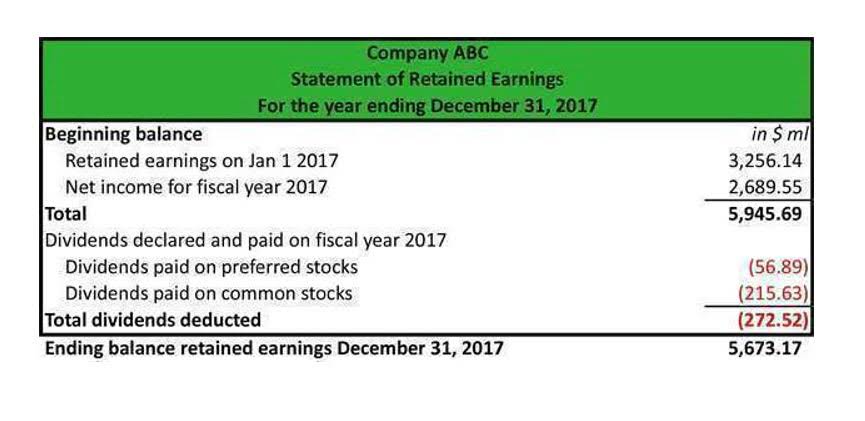
So, say you were issued a refund check from your health insurance provider, reimbursing you for some medical services you received. If you misplace that check for a couple of years and then find it when moving, you may have trouble depositing it. The check may no longer be able to be cashed, and the funds may have been turned over to the state. At a certain point, stale checks can reach the time period set by the state (the one where the issuing bank is) and are then handled under escheatment laws. • A stale-dated check is one not cashed within a certain time period — typically 180 days, but it may be considered stale sooner.
- If the funds have not been withdrawn or cashed by the payee, the company’s bank account will be overstated and have a larger balance than the general ledger entry.
- It prevents the other business owner who is on the client-side of the table from cashing old and new checks, thereby maintaining transparency in the business.
- The rule for the validity of checks issued by the state government can vary according to the state legislature in America.
- This information may include links or references to third-party resources or content.
- To make a case for punitive damages in a situation in which a bank wrongfully honored a stale check might be challenging.
- LegalMatch.com can connect you to a lawyer who can explain the legal remedies available to you and what your best option might be.
- The biggest difference is that when you issue a cashier’s cheque, your bank is going to take funds from the purchaser.
Putting a stale-dated check policy in place

Thankfully, mobile deposit and other technological advances have helped make depositing checks a quick and simple process. Yes, uncashed checks are considered income if you received documentation, such as W-2 and 1099 forms, that includes them. Since you owe the money to either the state or the property owner, plan to monitor uncashed checks and check in periodically with the payee. Money orders generally don’t expire, but some issuers may charge a fee if the payee doesn’t payroll cash it within a certain time frame. As a small business owner, you can use accounting software to manage your payment methods. But now and then, you may need to write a check to a vendor or receive one as a form of payment.
How to sign a check over to someone else
You can ask if they can put the money back into your account and the request needs to be made before the cheque’s due date. The very first thing you should do when filling out a cheque is to enter the correct date. For example, if you write a cheque for a date in the future, the bank won’t cash it or deposit it until that date comes. The reason for this is to make sure that your accounts have the right funds available for the cheque you’re issuing.

How Business Owners Are Affected by Checks Going Stale
For example, the account the check was drawn on could be closed or lack sufficient funds. A check that is not cashed within a certain timeframe (usually six months) is considered a stale-dated check. Banks and other financial institutions are not obligated to accept stale-dated checks (also just known as “stale checks”). Uncashed checks are those that the payer has written but the payee has not yet cashed or deposited.
- Or, they might accept it and the issuing bank might not pay the check.
- Hence, an employer must consult with a bank professional before trying to encash the stale-dated checks and understand the bank’s policy for which the check has been drawn in the business.
- While we strive to provide a wide range of offers, Bankrate does not include information about every financial or credit product or service.
- Escheatment is the process by which banks and other financial institutions turn over unclaimed property to the government.
- Some institutions may reimburse you the fees charged for an unsuccessful stop payment.
How Outstanding Checks Work

Hence, as per the available information, the check can be considered stale if not cashed in the bank within 60 days or it might never be considered stale. According to the official definition, stale-dated checks are those checks which are at least 6 months that are 180 days old. It means if the employer fails to encash an issued check even after half the year has passed, the bank teller might consider it stale-dated. However, it does not prevent the check clearance from the bank through other means than a teller professional in the bank organization.
Things to consider when you pay by cheque

A stop-payment order is designed to stop the check from being processed and prevent the withdrawal of funds from the account to pay the check. While a bank does have the right to refuse an old check — and even return it to the original issuer — it also might decide to honor it. Before trying to cash a stale-dated check, it might be a good idea to contact the bank that holds the account the check is drawn against to see what its policy is. For a stop payment to work, your financial institution needs stale dated definition time to process it before someone cashes the cheque. In some cases, your financial institution may not successfully process your request before someone cashes the cheque. Banks are still allowed to process a stale check as long as the institution deems the funds are good.
0 responses to “Stale-dated Check Definition”